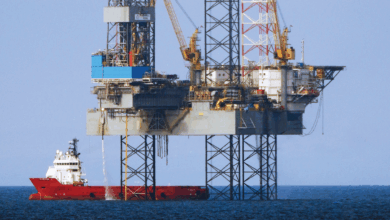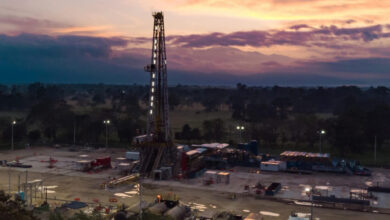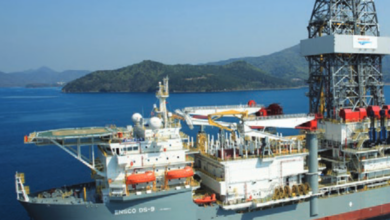BP finalizes deal to develop Egypt’s West Nile Delta gas fields
BP has signed the final agreements of the West Nile Delta (WND) project to develop 5 trillion cu ft (TCF) of gas resources and 55 million bbl of condensates with an estimated investment of approximately $12 billion by BP and its partner. Production from WND is expected to start in 2017 and reach up to 1.2 billion cu ft/day equivalent to approximately 25% of Egypt’s current gas production. All the produced gas will be fed into the country’s national gas grid, helping to meet the anticipated growth in local demand for energy.
“BP is proud of its record in Egypt over the past 50 years, and we are looking forward to many more years in the country,” Bob Dudley, BP Group Chief Executive, said. “The WND project investment is the largest foreign direct investment in Egypt and demonstrates our continued confidence in Egypt and our commitment to unlock its energy potential. WND production is key to Egypt’s energy security.”
Gas will be produced from two BP-operated offshore concession blocks, North Alexandria and West Mediterranean Deepwater. BP believes that future exploration could add a further 5-7 TCF to WND production.
Commenting on the project, Hesham Mekawi, BP North Africa Regional President, said, “This is a critical milestone in the Egyptian oil and gas history. It marks the start of a major national project to add significant production to the domestic market. BP expects to double its current gas supply to the Egyptian domestic market during this decade when the WND project reaches its peak production.” BP also expects to continue investing in existing oil operations at the Gulf of Suez through GUPCO and gas operations in the East Nile Delta through Pharaonic Petroleum Co.
The scale of investment and activities of the WND project are expected to significantly contribute to the growth of petroleum-related industries and to Egyptian employment. During the construction phase, the project is projected to employ thousands of direct and indirect personnel. The project will encourage technology transfer and know-how through training and on-the-job development.
As part of the project, BP will also undertake a social investment program directed to various sustainable development projects in coordination with the local communities and utilizing local service providers. This will be in addition to the project’s principal approach, which is focused on increasing local labor.




